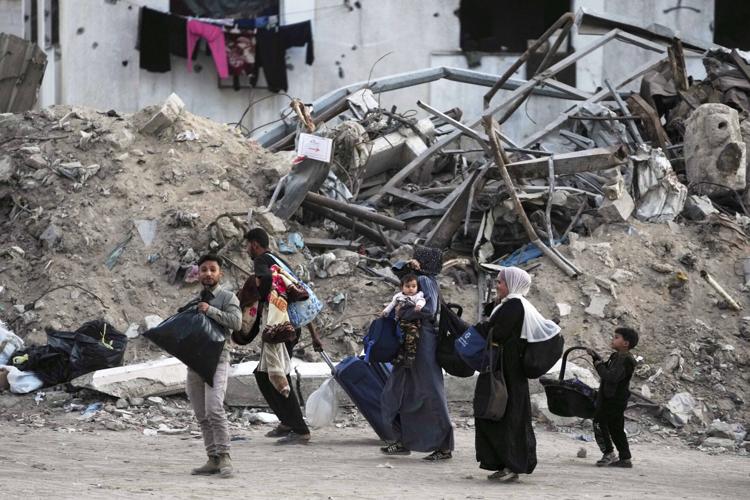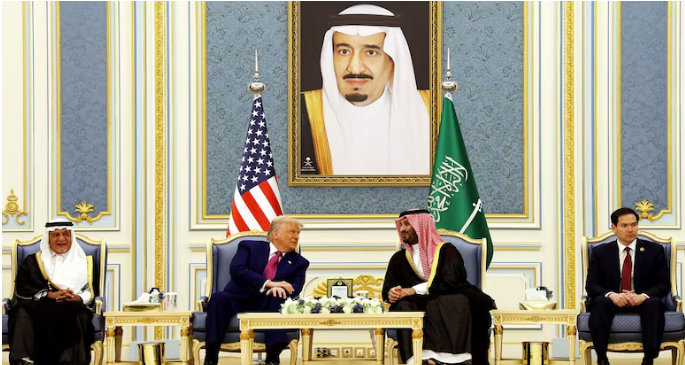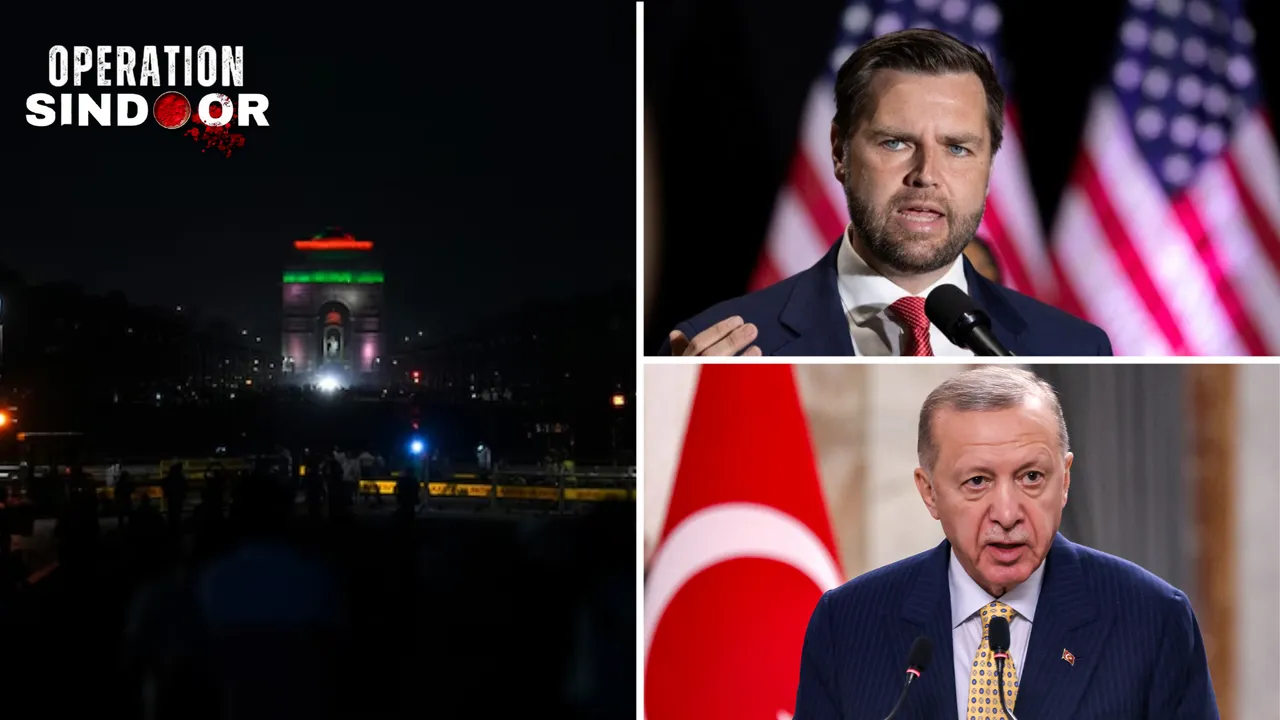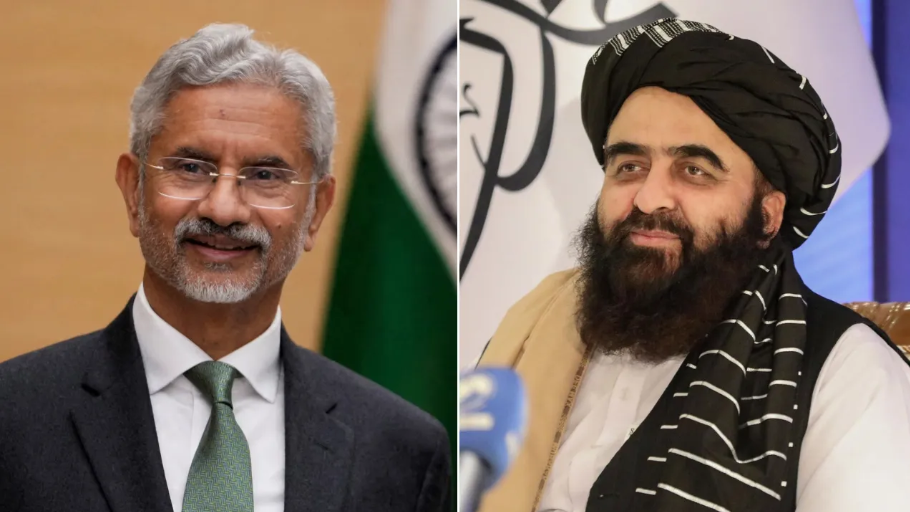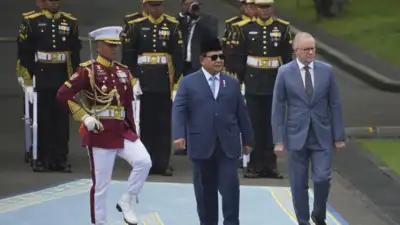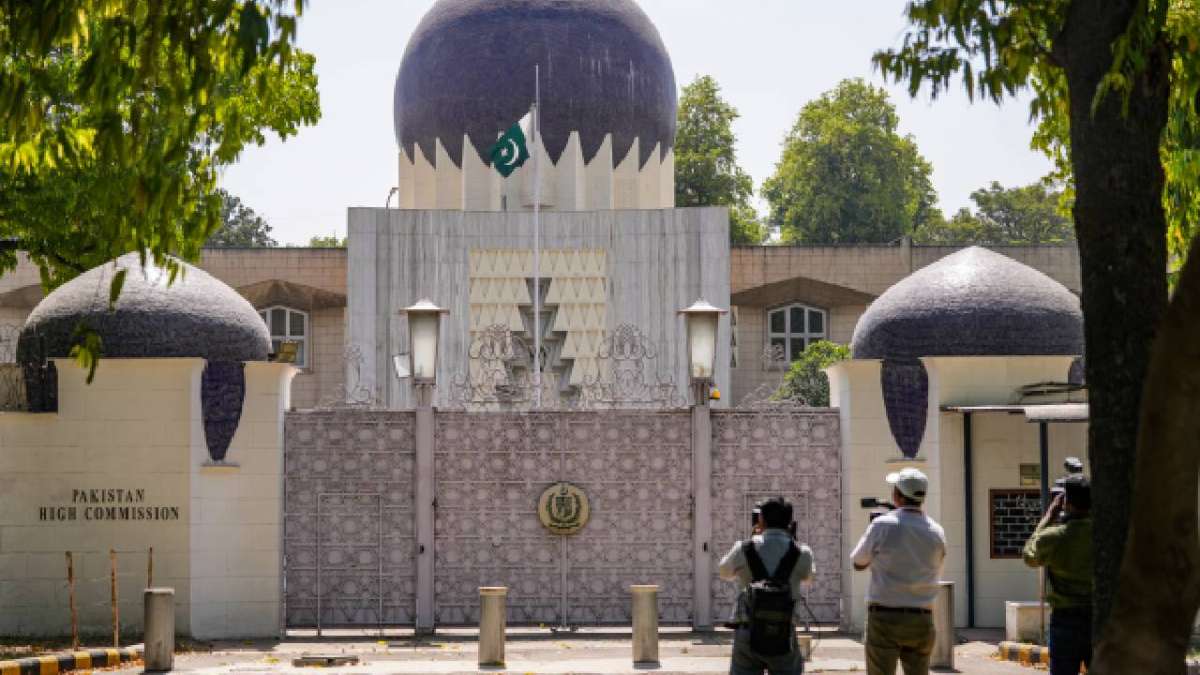US authorises some transactions with Taliban to keep Afghan aid flowing
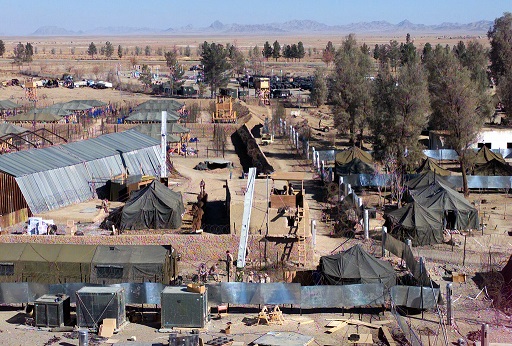
NEW DELHI: U.S. Department of the Treasury’s Office of Foreign Assets Control (OFAC) issued three General Licenses to facilitate the continued flow of humanitarian assistance and other support for the Afghan people. Treasury’s OFAC also issued a Fact Sheet that highlights and consolidates all the relevant authorizations and guidance facilitating the flow of humanitarian assistance, personal remittances, and other support to the Afghan people.
“The United States is the largest single provider of humanitarian assistance in Afghanistan. We are committed to supporting the people of Afghanistan, which is why Treasury is taking these additional steps to facilitate assistance,” said Deputy Secretary of the Treasury Wally Adeyemo.
“Unfortunately, the economy faces grave challenges, exacerbated by the country’s long dependence on foreign aid, donor and private sector flight sparked by the Taliban’s takeover, drought, structural macroeconomic issues, and the COVID-19 pandemic. Treasury has provided broad authorizations that ensure NGOs, international organizations, and the U.S. government can continue to provide relief to those in need,” Adeyemo added.
As part of Treasury’s commitment to enabling humanitarian assistance and other support to Afghanistan, OFAC issued the three General Licenses that expand upon existing authorizations related to the provision of humanitarian assistance and other activities that support basic human needs and enable broader support for the Afghan people.
There are no OFAC-administered sanctions that generally prohibit the export or reexport of goods or services to Afghanistan, moving or sending money into and out of Afghanistan, or activities in Afghanistan, provided that such transactions or activities do not involve sanctioned individuals, entities, or property in which sanctioned individuals and entities have an interest.
These GLs also help implement adopted resolution UNSCR 2615 (2021), which authorizes humanitarian assistance and other activities that support basic human needs as those terms are understood by the United Nations Security Council, as well as the processing and payment of funds, other financial assets or economic resources, and the provision of goods and services necessary to ensure the timely delivery of such assistance or to support such activities.
This Resolution, drafted by the United States and unanimously adopted today by the 15 members of the UN Security Council, establishes a carveout in the UN 1988 sanctions regime to ensure urgently needed aid can reach the Afghan people. Specifically, UNSCR 2615 (2021) was intended to cover activities contemplated in the United Nations’ Transitional Engagement Framework (TEF) for Afghanistan, such as providing life-saving assistance; sustaining essential services; and preserving social investments and community-level systems essential to meeting basic human needs. The Resolution also requests periodic updates by the UN Emergency Relief Coordinator to ensure assistance is reaching the intended beneficiaries, not being diverted to the Taliban.


